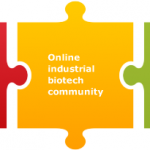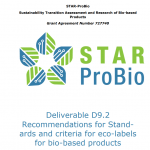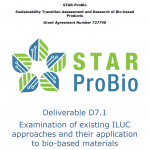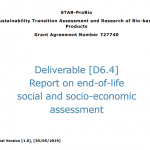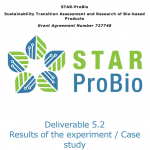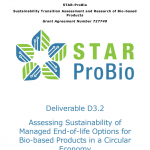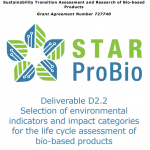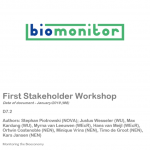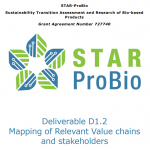BIO-TIC Market roadmap
The BIO-TIC project comprehensively examined the innovation hurdles in industrial biotechnology (IB) across Europe and formulated action plans and recommendations to overcome them. The projects is built on three pillars: an online industrial biotech community, an assessment of biomass and sustainability in industrial biotech, and an action plan for industrial biotech in Europe. As part of the action plan for industrial biotech three roadmaps to overcome barriers were developed: Market roadmap, R&D roadmap and Non-Technological roadmap.
The market roadmap aims to obtain an a comprehensive overview of the market potential for industrial biotechnology, the current and potential future value chain composition and stakeholders, including segmented market opportunity assessment and projections. It provides an overview of the current state of the industrial biotechnology market in the EU and evaluates its growth potential through to 2030. It describes the value chain composition of each of five BIO-TIC product categories (i.e. advanced biofuels (advanced ethanol and bio-based jet fuels), biosurfactants, bioplastics, bio-based chemical building blocks, and the use of IB to convert CO2 into various downstream products). In addition, it outlines their expected market shares in 2030.

